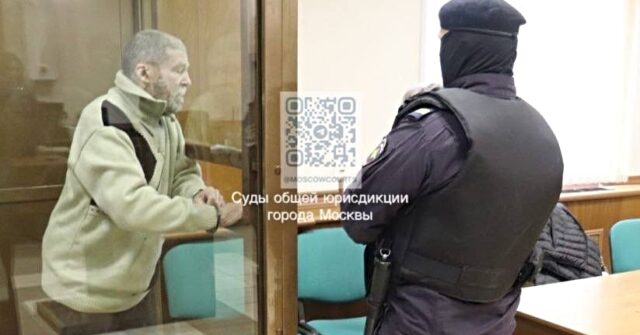On October 7, 2024, a Russian court sentenced 72-year-old American citizen Stephen James Hubbard to nearly seven years in prison for his involvement in defending Ukraine against the Russian invasion that began in February 2022. Prosecutors alleged that Hubbard joined a defense unit in the eastern Ukrainian city of Izyum shortly after the invasion and received around $1,000 monthly for his efforts, which included training and arming by the Ukrainian military. Hubbard had moved to Izyum in 2014 and claimed to live harmoniously in the region with his wife until the onset of the war resulted in his captivity. The Russian military captured him when they seized Izyum in April 2022, although Ukrainian forces later managed to reclaim the city around five months later.
Hubbard’s family, particularly his sister Trisha Hubbard Fox, has fervently contended that the charges against him are baseless and that he was never a mercenary. She described her brother as a former English teacher, asserting that he was mistakenly accused while serving in Ukraine, where he reportedly lived on a modest pension of $300 monthly and lacked proficiency in Russian or Ukrainian. Despite purportedly confessing to the charges last month, Hubbard’s appearance in court—frail and struggling to stand—has led to suspicions about the legitimacy of the legal proceedings he encountered. Fox and other relatives have claimed that the Russian government is fabricating charges to justify Hubbard’s lengthy detention, which has lasted over two years without transparency regarding the reasons for his imprisonment.
The lack of clarity surrounding Hubbard’s detention has raised questions about the Russian government’s motivations and actions. Notably, family members have noted that the Ukrainian military does not accept volunteers over the age of 60, which casts further doubt on the claims made by the prosecution regarding Hubbard’s involvement in hostilities. Additionally, Russia has not provided any explanation for the delay in Hubbard’s trial despite over two years of detainment. Such circumstances have not gone unnoticed, as they create an environment of speculation about whether Hubbard’s case is intended to serve broader political or diplomatic objectives.
On the diplomatic front, the Biden administration’s responses have been characterized as limited and somewhat ineffective, particularly regarding consular access for Hubbard. State Department spokesperson Matthew Miller expressed disappointment over Russia’s refusal to grant access, reiterating the United States’ expectation that Russia must allow consular access for detained American citizens. The administration has also emphasized that Hubbard was arrested in Ukraine—an essential distinction in the context of international relations and diplomatic protocols. Despite attempts to take a firm stance on the issue, Miller admitted to facing challenges in obtaining further information regarding Hubbard’s case, highlighting the complications inherent in navigating relations with Russia.
In her advocacy for her brother, Fox has emphasized the psychological and emotional toll of Hubbard’s detention, arguing that the conditions he has faced may have severely impacted his health and well-being. Hubbard’s long absence from his family has raised alarms about his physical condition, especially as he is a senior citizen. The family’s appeals for clarity, support, and justice have reflected a broader concern for the treatment of American citizens detained abroad, particularly in politically charged environments such as the ongoing conflict between Russia and Ukraine.
As Hubbard’s case continues to unfold, it exemplifies the intricate intersection of personal tragedy, political maneuvering, and international diplomacy. The situation puts a spotlight on the potential hazards that individuals face when caught in geopolitical strife, as well as the responsibilities of governments to protect their citizens globally. As Hubbard’s family, particularly his sister, rallies support and calls for his release, the hope for his eventual homecoming remains amidst the complexities of international law and relations that define modern-day conflicts.

